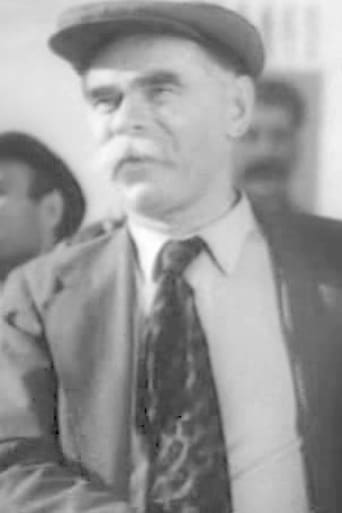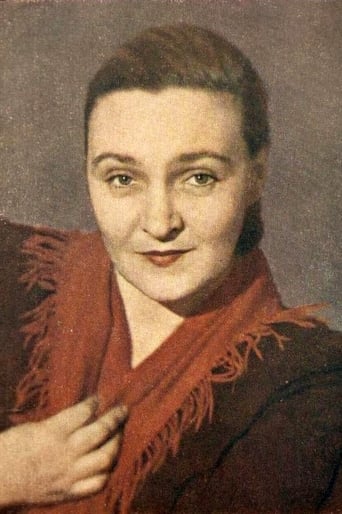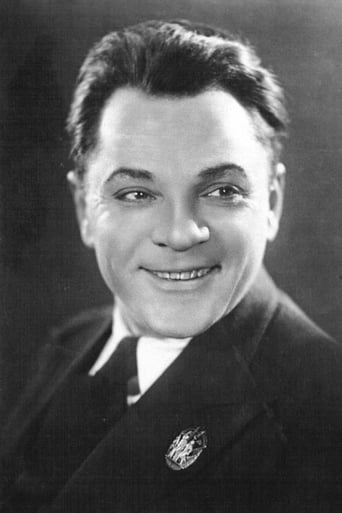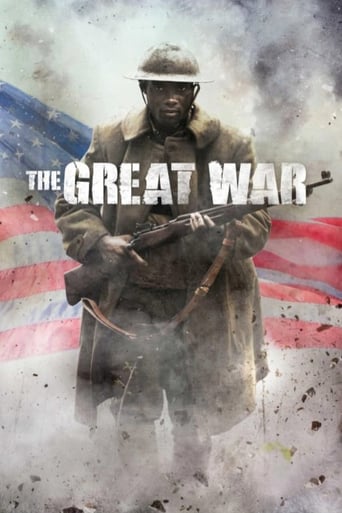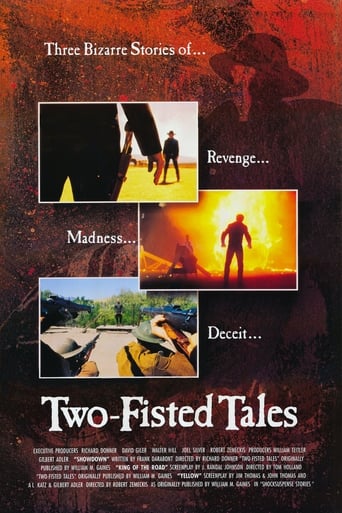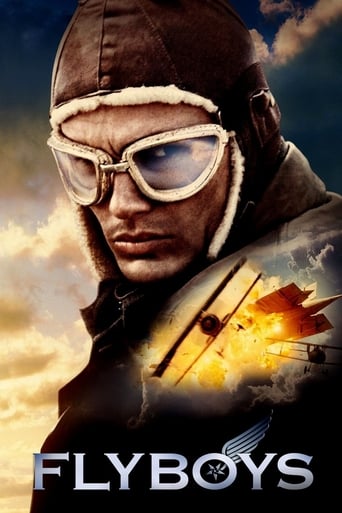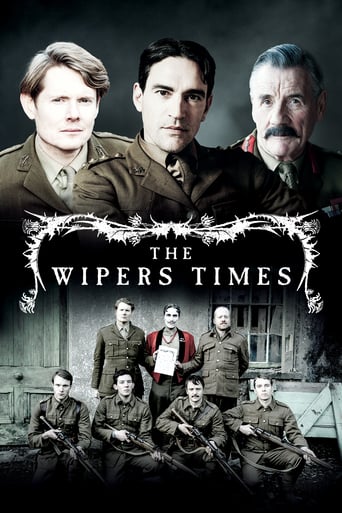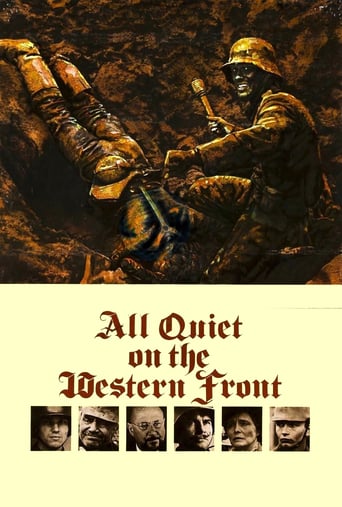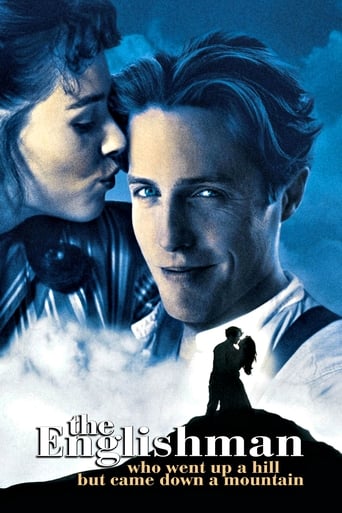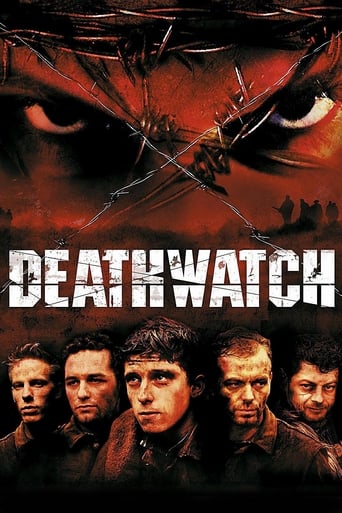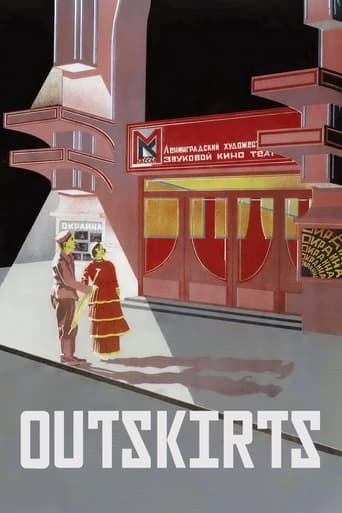
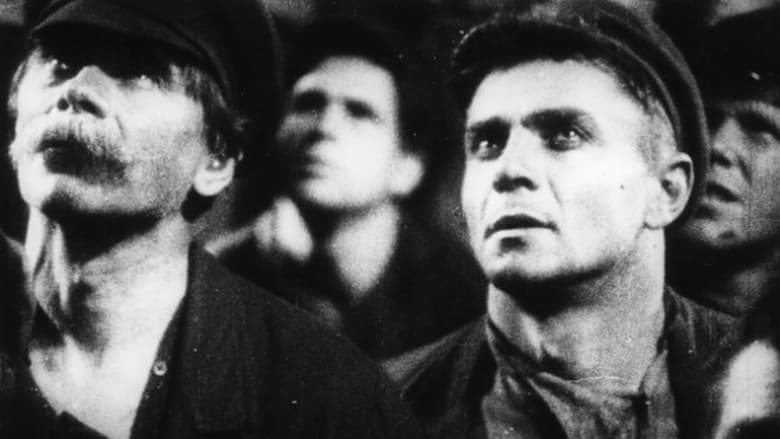
Outskirts (1933)
Outskirts is an internationally renowned masterpiece of early sound cinema. In a remote Russian village during World War I, colorful and nuanced characters experience divided loyalties: family loyalty vs. personal desire, nationalism vs. transcendent humanism.
Watch Trailer
Cast


Similar titles
Reviews
This was an interesting movie to watch due to the format of the film itself. Although the film summary talked about a love story between Anka and a German prisoner of war there was no mention of the rest of the cast who the story also centered on. It was less of a love story and more of a story about a small village and the people living there. Throughout the whole movie there is a struggle between the workers and the owners of the shoe factory in the town, which reflects the national struggle at the time between the tsarist regime and the Bolshevik movement. Honestly, this movie was slightly confusing. Yes, it was very good at touching on a number of themes – how ideas can transcend national identities, workers united, and the greed of industry – but it went about it in a very confusing manner by jumping between different stories. It also seemed like the last 20 minutes of the film were rushed with the time skip and then trying to resolve the stories in a timely manner. Outskirts criticized the pre-revolutionary government with its portrayal of the shoe factory owner. The factory owner is portrayed as a greedy industrialist who only sees the war as a way to make profit and does not care for his fellow workers. However, this isn't made apparent until those last 20 minutes of the film. While the film is entertaining and contains typical party ideals it falls short in its presentation by trying to do too much at once.
"The Outskirts (Okraina)" follows several stories as villagers in a far-distant Russian town are faced with war, a strike, a prisoner-of-war camp, and the effects and aftershocks these all bring. The town the film begins in is struggling with the shocks and effects of war, and the film follows those effects in multiple story lines. The ways that the war is used vary, from a factory strike brought on by the harshness of the times, to a young woman and her budding relationship with a German prisoner of war, to the shoe factory strike, to the soldiers at the front lines. As with many other Soviet films, there are many semi-leading and leading characters, and these film is constantly shifting between groups of characters and stories we are following. There are also tertiary characters being effected by the war as well. The transition from the more comedic parts to the horrors of war are quick, and often very abrupt. The clumsiness of the story comes from the odd pacing, with too-long bouts of time spent in the various places where the film takes place, making it difficult to transition back to the other story lines easily. The film is clearly struggling to fit the appropriate criteria laid forth by the Soviet Union, to tell the right story with the appropriate characters and the right messages. The stories we follow are compelling in and of themselves but the choppy pacing and the lack of technical finesse detract from the overall quality of this complex, multi-layered war film.
There are a lot of things at work in this film. They're not all necessarily working together, but they're at work. This is often a serious war film, but we still have horses talking and characters winking broadly at the camera for comic effect when need be. Under the umbrella of telling us about of small Russian town (on the "outskirts") during a vital point in history, we end up with a story about a small shoe-factory that may or may not go on strike, one about a German tenant in Russia and his landlord, one about German prisoners of war held in the town and their search for work, and one about a potential romance between one of the soldiers and the landlord's daughter -- and that's before we jump ahead to 1917 for the last twenty minutes. Some of these subplots intertwine in interesting way, but they all cannot. It's filmed with a very striking visual style and filled with memorable images (even occasionally using a visual pun for a scene change), but it still has the early-sound characteristic of moving fairly slowly. That wouldn't be a problem due to the interesting visuals, except that it magnifies the scattered nature of the stories. At its heart, the conflict of the landlord who is caught between affection for his tenant and nationalism turning him against Germans, and later must deal with this again when he catches his daughter with the German prisoner, is a touching one. It also allows for several conflicted and three-dimensional characters in the midst of things. Jumping ahead to the revolution feels out of place and disjointed to this viewer, but perhaps that was mitigated at the time by the fact that for the intended audience of this film, this was a war at home that was well within living memory, and it would have been very directly relevant to them. In all, the film is imposingly made, but doesn't come off all the way due to the fact that its matter is too scattered to make up one story, but not as broad-lens at it would have to be if it wanted completely to be "the story of a town." But it's well worth a watch, both for historical interest and for its commendable camera and direction work.
It's difficult for me to judge Rivette's statement about Boris Barnet having been the greatest of Soviet filmmakers after Eisenstein ; I definitely prefer his works to Eisenstein's or let's say Pudovkin's.Even in our postmodern days, Barnet's hybrid of social realism, satire, romance, genre movie, musical and slapstick may be called eccentric. Rich, dynamic mise en scene is quintessential of this masterpiece condemnation of militarism, nationalism (and capitalism). It consists of two distinct parts, the first, pre-war one mixing realism with bizarre humour, the second delivering images of war rare in their docu-like naturalism far from Eisensteinian pathos.The transfer on Mr. Bongo's recent release seems quite good ; regrettably no extras were taken from the original Ruscico version./To any reader of this interested in Barnet I would like to recommend another gem by this filmmaker - funny, charming and moving "Dom na Trubnoy" ("The House on Trubnaya Street"). It was recently released in France, with Russian intertitles and French subs (the movie is a silent one)./


